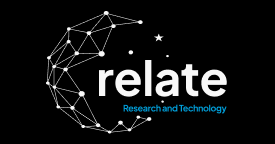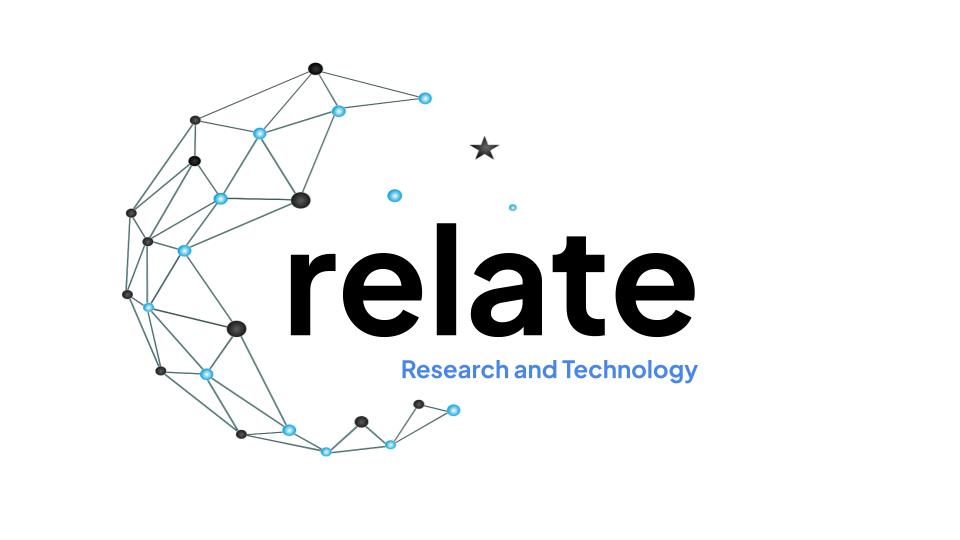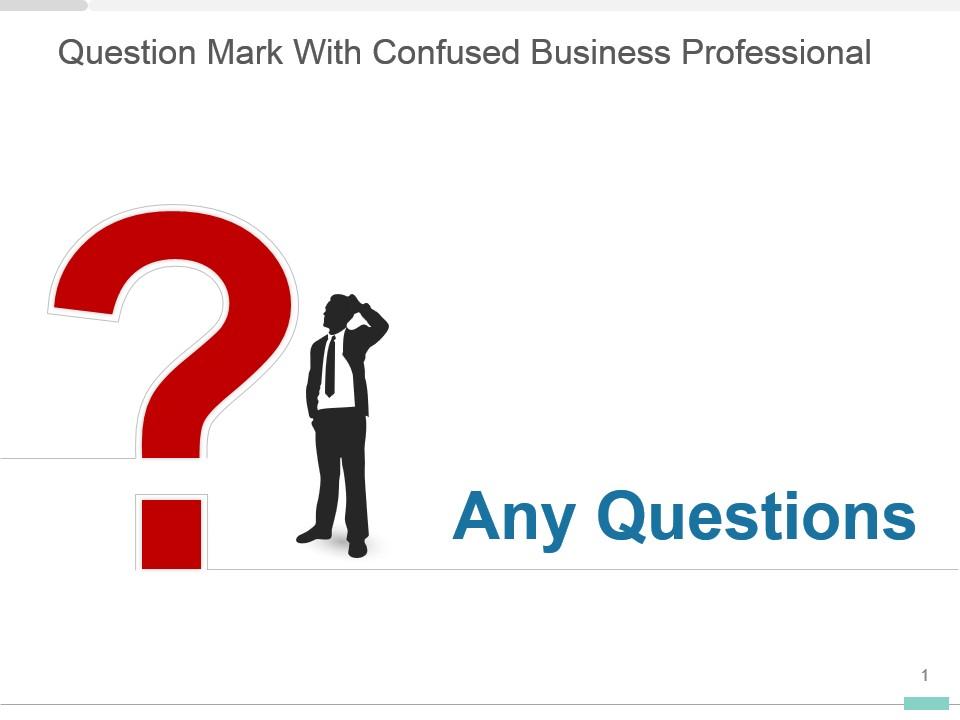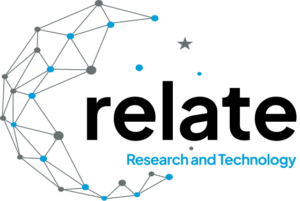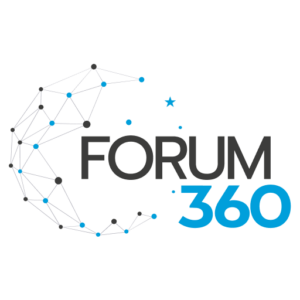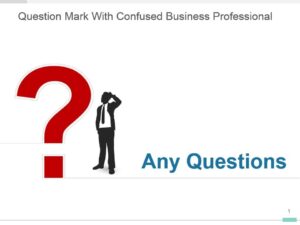
Those companies in the business of customer experience are moving away from corporate agenda to stakeholder agenda when engaging their customers, staff, community and investors. These organizations, according to Accenture, enjoy 6x the profitability growth. The tell tale signs of corporate agenda include all broadcasting (product releases, market releases, investment letters, short videos, social media posts, blast emails, webcasts) and in communications, the Q&A section of the agenda. Whether it be at a seminar, a conference or a webinar, the Q&A section demonstrates to stakeholders that their agenda will not be addressed until after they listen to a 30-45min presentation (corporate agenda). This has traditionally worked in a conference center as attendees are in eyesight of everyone else should they leave. But it does not work when the attendee is attending via their phone or laptop.
The Q&A section demonstrates a lack of effort from business leaders to hand the agenda setting to their stakeholders, then prepare around these agenda items and be ready to address other agenda items that come in live time. Like they would in a 1×1 or small group meeting. Business leaders would do well to understand that talking at stakeholders from behind a lectern or via a webinar is not deviating from corporate agenda. The group virtual meeting format offers a more intimate setting, is scalable and leads to greatly improved meeting efficiency for all parties. At Forum 360, we know this from the data we collect – over 45 anonymized data points on every meeting attendee. As business leaders switch from the webinar format to group virtual meetings using Forum 360, we see a strong positive bias for the format. Sentiment, reviews and ratings are highly favorable as these business leaders are indeed leading the shift from corporate agenda to stakeholder agenda. Further, we see strong retention rates and our customers tell us that their stakeholders are trending to their meetings over the broadcasting by competitors as they know the meeting will be efficient. Repeat business and healthy relationships are being developed.
For a meeting to be efficient, it takes preparation (and distribution) followed by execution and fulfilment. Communication tools (webinar providers) just focus on execution with little data on offer. This is not a good fit for those in the business of experience. Those who listen to their stakeholders and follow the data need solutions to help them scale intimacy with their stakeholders.
